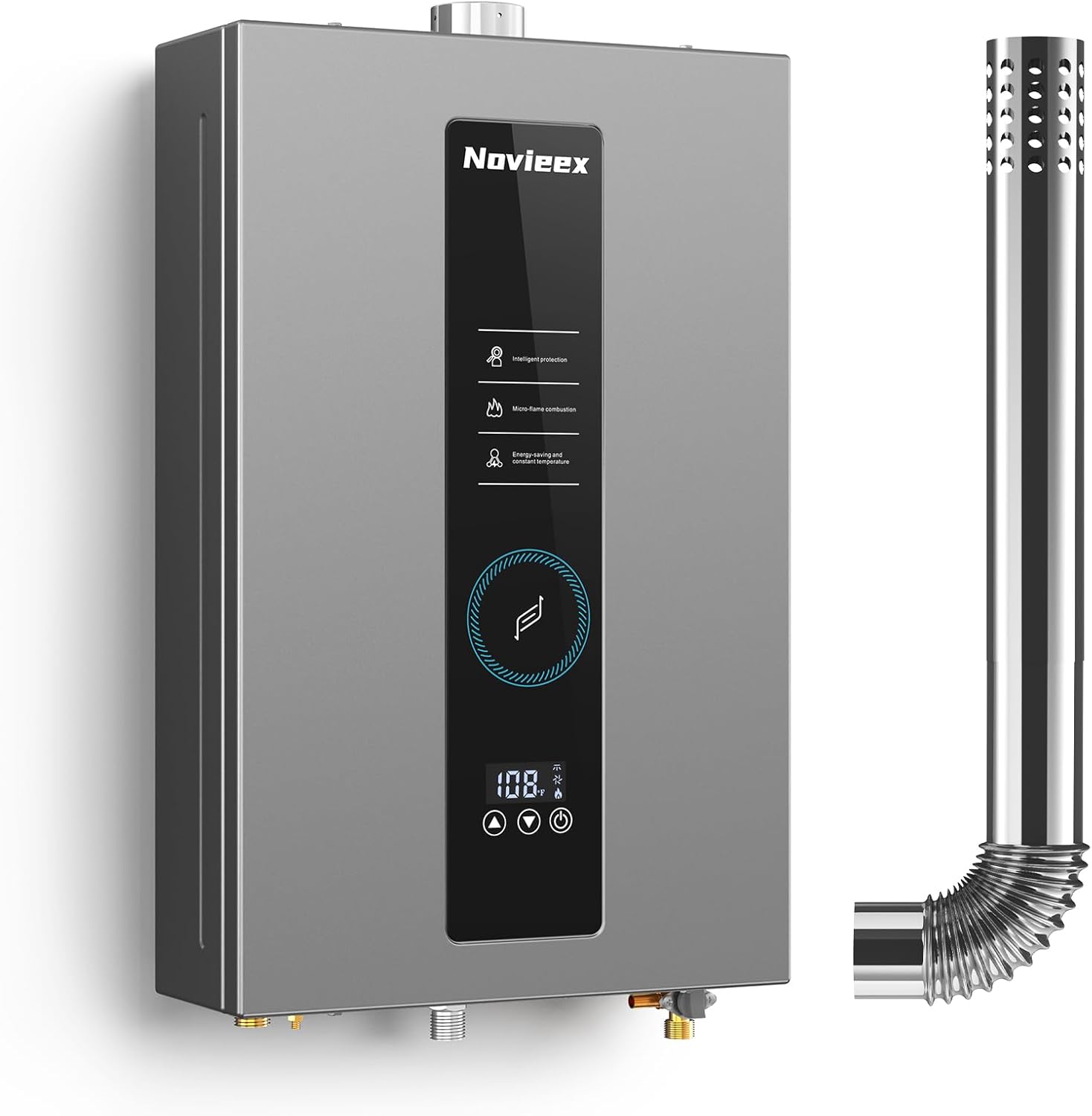Heat pump water heaters are highly efficient, using up to 60% less energy than traditional electric water heaters, making them eco-friendly and cost-effective.
Heat pump water heaters (HPWHs) are revolutionizing home energy efficiency. These innovative systems deliver hot water using 2-3 times less electricity than traditional electric resistance models. Unlike conventional water heaters that generate heat directly, HPWHs transfer existing heat from the surrounding air – making them remarkably efficient.

How Heat Pump Water Heaters Work
HPWHs operate on the same principle as refrigerators, but in reverse. While a refrigerator removes heat from its interior and releases it outside, a heat pump water heater extracts warmth from ambient air and transfers it to water in a storage tank.
The Heat Transfer Process
- Warm air is drawn into the unit through a fan
- The air passes over an evaporator coil containing refrigerant
- The refrigerant absorbs heat and vaporizes
- A compressor increases the refrigerant’s temperature
- Hot refrigerant passes through a condenser coil around the tank
- Heat transfers to the water while refrigerant cools and repeats the cycle

Exceptional Efficiency Metrics
| Water Heater Type | Typical Efficiency | Energy Factor (EF) |
|---|---|---|
| Standard Electric | 90-95% | 0.90-0.95 |
| Gas Storage | 60-65% | 0.60-0.65 |
| Heat Pump (HPWH) | 200-300% | 2.0-3.0 |
The remarkable efficiency comes from moving heat rather than creating it. According to U.S. Department of Energy, ENERGY STAR certified HPWHs can save a typical family of four about $330 per year compared to standard electric models.
Installation Requirements
Proper installation is crucial for optimal performance. HPWHs require:
- Minimum 1,000 cubic feet of air space (28.3 m³)
- Ambient temperatures between 40°F-90°F (4.4°C-32.2°C)
- Location with excess heat (like furnace rooms) boosts efficiency
- May need condensate drain in humid climates
For homes considering multiple upgrades, pairing with a built-in gas heater can provide comprehensive climate control solutions.
Geothermal Hybrid Systems
Advanced systems combine water heating with space conditioning using geothermal heat pumps. These systems:
- Use ground-source heat in winter
- Transfer indoor heat to water in summer via desuperheater
- Can meet most hot water needs during cooling season
- Require supplemental heating in colder months
Cost Analysis
While HPWHs have higher upfront costs ($1,200-$3,500 installed), their operational savings are substantial:
10-Year Cost Comparison (50-gallon units)
| Type | Purchase Price | Installation | Annual Operating Cost | 10-Year Total |
|---|---|---|---|---|
| Electric Resistance | $500 | $300 | $550 | $6,300 |
| Heat Pump | $1,400 | $800 | $220 | $4,400 |
The right thermostat controls can further optimize these savings by managing operation during off-peak hours.
Maintenance Requirements
To maintain peak efficiency:
- Clean air filters every 3-6 months
- Inspect anode rod annually
- Drain tank yearly to remove sediment
- Check refrigerant levels per manufacturer schedule
- Verify electrical connections remain tight
Climate Considerations
Performance varies by region:
Cold Climates (Below 40°F/4.4°C)
HPWHs may frequently switch to backup electric resistance heating, reducing savings. Consider supplemental systems like indoor propane heaters for extremely cold periods.
Moderate Climates (40°F-90°F/4.4°C-32.2°C)
Ideal conditions for year-round efficient operation.
Hot/Humid Climates (Above 90°F/32.2°C)
Excellent performance with added benefit of space cooling and dehumidification.
Rebates and Incentives
Many utilities and states offer significant rebates for ENERGY STAR certified HPWHs:
- Federal tax credits up to $300
- Utility rebates often $300-$800
- Special electric rate programs in some areas
- Local clean energy incentives
Always verify current programs through the Database of State Incentives for Renewables & Efficiency before purchasing.

